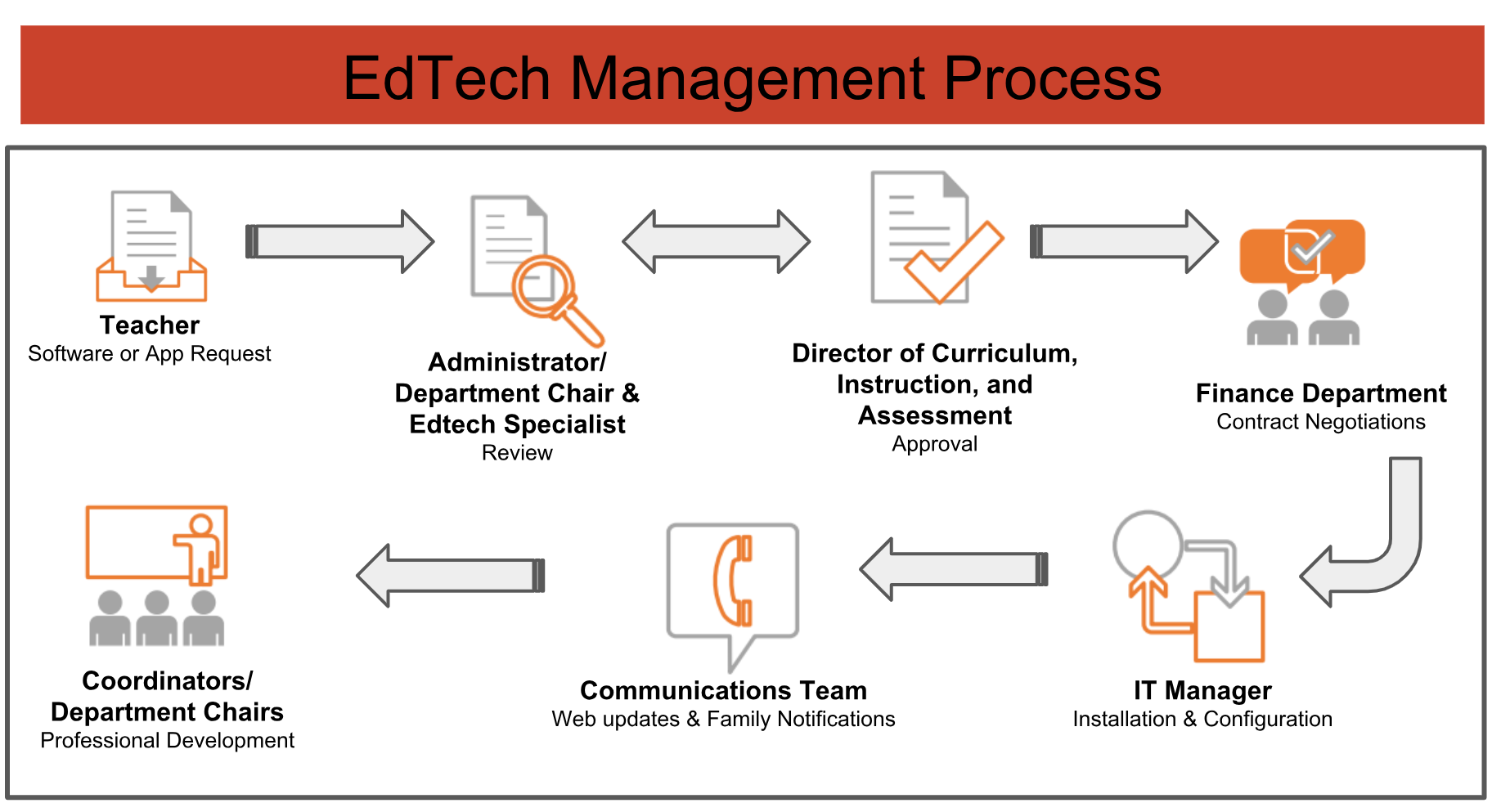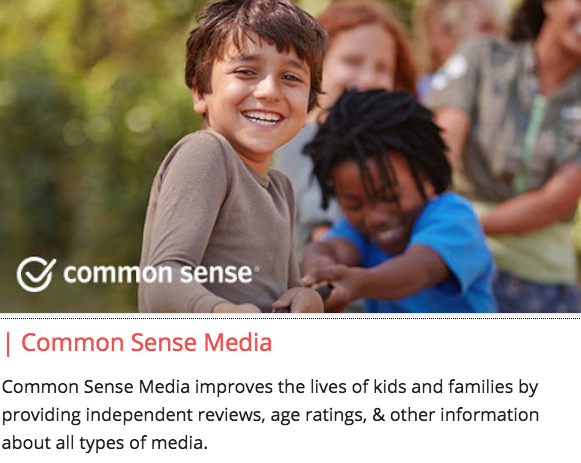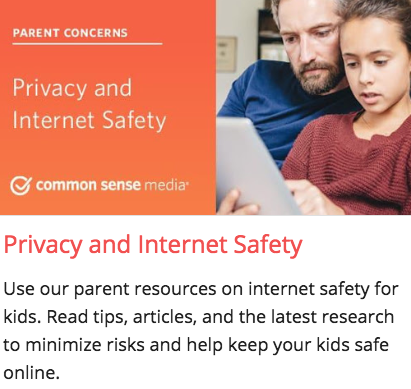Related Board Policies:
Student Data Privacy and Cyber Security
Regional School District 6 ensures the safety and security of all students and staff while using technology and digital resources. We actively review the privacy policies and terms of service of each of our service providers to meet all legal requirements and local policies and procedures.
Our procedures and policies surrounding the use of digital technologies follow the legal requirements of the state of Connecticut and federal government.
As part of our protocols, we review privacy policies and terms of service systematically to ensure that each digital resource we use complies with these legal requirements and our local security and safety practices.
Additionally, our IT department maintains industry standard protocols for data and network security. This includes procedures and practices with our cloud-based contractors as well as our technology infrastructure (firewalls, anti-virus protection, secured wifi networks).
Approved Technology Resources
The State Commission of Education Technology has provided districts in Connecticut with a software hub allowing vendors an opportunity to comply with the Connecticut student data privacy law.
Click here to see a list of the vendors that have been approved by Region 6 for teacher and student use.
Approval Process
Regional School District No. 6 is committed to the safety and security of all students and staff and our procedures and policies surrounding the use of digital technologies follow the legal requirements of the state of Connecticut and federal government.
As part of our protocols, we review privacy policies and terms of service systematically to ensure that each digital resource we use complies with these legal requirements and our local security and safety practices.

Family Resources
FERPA: THE FAMILY EDUCATIONAL RIGHTS AND PRIVACY ACT
FERPA is a federal law that protects the privacy of student education records. Originally passed in 1974, FERPA has been updated most recently in 2011. FERPA gives parents certain rights with respect to their children’s education records. These rights transfer to the student when he or she reaches the age of 18 or attends a school beyond the high school level.
Key Privacy Rights under FERPA:
FERPA requires that federally funded institutions, under programs administered by the U.S. Department of Education, comply with certain procedures with regard to disclosing and maintaining educational records. FERPA was not enacted to preclude the disclosure of educational records simply because the records identify a student by name; rather, it was designed to protect the student’s educational information and status as a student
FERPA prohibits the disclosure of a student’s “protected information” to a third party. This disclosure is prohibited whether it is made by hand delivery, verbally, fax, mail, or electronic transmission.
General Overview of FERPA: Quick Guide to FERPA from the Department of Education
COPPA: CHILDREN'S ONLINE PRIVACY PROTECTION ACT
In effect as of 2000, COPPA is to place parents in control over what information is collected from their young children online. COPPA is designed to protect children under age 13 while interacting with online applications and the Internet. The act applies to operators of commercial websites and online services directed to children under 13 that collect, use, or disclose personal information from children, and operators of general audience websites or online services with actual knowledge that they are collecting, using, or disclosing personal information from children under 13. The Rule also applies to websites or online services that have actual knowledge that they are collecting personal information directly from users of another website or online service directed to children.
Detailed Overview of COPPA: Complying with COPPA: Frequently Asked Questions-Federal Trade Commission


